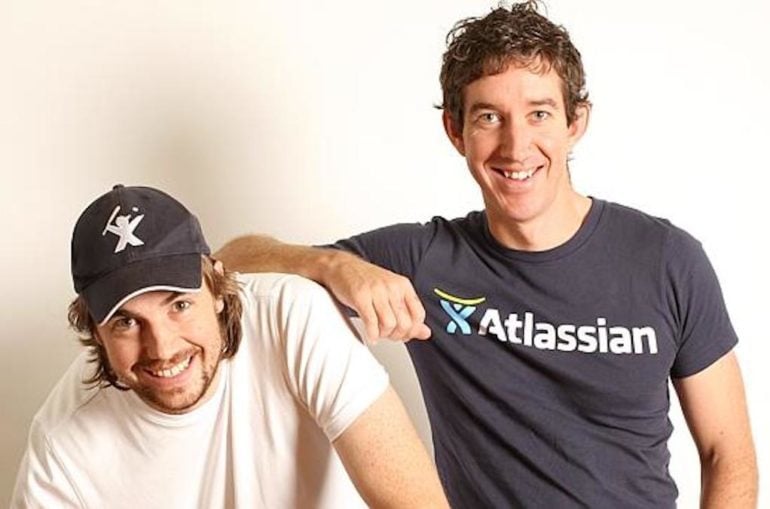Atlassian cofounders and co-CEOs Mike Cannon-Brookes and Scott Farquhar have backed the Australian Indigenous Voice referendum, saying it will “move us closer to meaningful reconciliation” and a more equitable nation.
In a note to staff late last week, the pair said that “empowering First Nations communities is something we’ve always believed in and backed in various ways” and the referendum vote on an Indigenous Voice to Parliament, set for later this year, is “an incredibly unique moment” for the nation.
“As a proud Australian company, we’ll be standing behind the YES vote,” they said.
“We want to be clear – we’re not telling people how to vote; that is a personal choice. But education is vital here – and we want every Atlassian in Australia to have access to information and forums for discussion, so you feel prepared and empowered to make your personal decision.”
Cannon-Brookes and Farquhar said some of their internal teams “will be sharing information through the Atlassian lens too” and people “will need to understand the impact that this decision can have on themselves, on Atlassian, and on the country”, adding that “empowering First Nations communities is something we’ve always believed in and backed in various ways”.
That includes matching funding from the Atlassian Foundation to support the “Yes” campaign in the Voice referendum.
“We are taking steps to formalise how we approach reconciliation at Atlassian,” they said.
“Standing behind the YES vote is another way we can continue this support.”
The question being put to voters later this year is:
“A Proposed Law: To alter the Constitution to recognise the First Peoples of Australia by establishing an Aboriginal and Torres Strait Islander Voice. Do you approve this proposed alteration?”
The change would allow Aboriginal and Torres Strait Islander Voice may make representations to the Parliament and the Executive Government of the Commonwealth on matters relating to Aboriginal and Torres Strait Islander peoples.
It would not allow them to make laws, which remain the purview of elected politicians.
While the Labor government under prime minister Anthony Albanese is campaigning on the yes side, along with several Liberal politicians, most notable Senator Andrew Bragg, many on the opposition side, including the Nationals, oppose the referendum.
“We know this is an emotive topic with lots of varying viewpoints and we understand this might be a hard conversation for some Atlassians to engage with,” Cannon-Brookes and Farquhar wrote.
“No matter how you plan to vote, please seek first to understand one another, stay kind, and be respectful.”
To succeed, the Voice referendum requires what’s known as a “double majority” with a majority of voters nationally in favour of the proposition, as well more more than half of the voters in at least four states also in favour.
If voters in three of the six states vote against the proposal, it would fail.
The last time Australians voted in a referendum on the future shape of the nation was in November 1999, when more than 60% of voters knocked back a plan for a republic not ruled by the British Monarchy.




















Trending
Daily startup news and insights, delivered to your inbox.